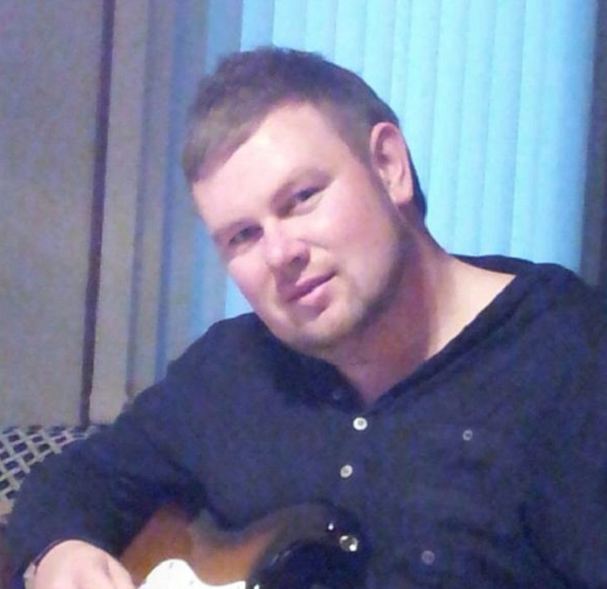Police failed to perform CPR on an injured man they found without a pulse outside an Aberdeen bar – and who died minutes later in an ambulance.
Officers who went to Tonik bar in Aberdeen’s Bon Accord Street on the night Craig Grant died tried “for two to three minutes” to sit him up and handcuff his right wrist before realising “something was amiss”.
They then placed the 26-year-old in the recovery position and did not perform CPR on the oil worker until the ambulance turned up – 16 minutes after Mr Grant had first been taken to the ground.
Bouncer Jonas Marcius is on trial at the High Court in Aberdeen accused of murdering him.
Jurors heard yesterday that the officers arrived outside Tonik at around 12.08am on August 8 last year.
They could see Mr Grant’s face had turned grey and noticed dried blood on his nose.
When they checked for a pulse and did not find one they put this down to him “being a big guy” and thought it was just difficult to detect.
Yesterday, the jury of 10 women and five men heard evidence from Constable Graeme McEwen.
It is alleged Marcius, 23, of 16 Merkland Road, Aberdeen, murdered Mr Grant by seizing him by the neck and forcing him to the ground before placing him in a choke hold and compressing his neck.
He denies the charge and his counsel, Mark Stewart QC, has lodged a special defence of self defence.
Yesterday Constable McEwen said he “almost immediately” realised something was wrong when he saw Mr Grant lying on the ground.
However, it was at least eight minutes after his arrival before he received any medical help.
“We arrived and my colleague went to put handcuffs on the gentleman as we were told he had been violent towards door staff when we were en route,” the officer said.
“The door staff left us alone and I almost immediately realised there was something amiss.
“He was unresponsive to myself and my colleagues talking to him and did not appear to be moving in any other way. He appeared to be quite grey in colour but I did not know if that was because of the street lighting or not.
“I could not get a pulse but I thought it would be because of the large man’s stature. We then decided to put him in the recovery position. I called for an ambulance straight away.”
During cross-examination, Mr Stewart asked the police officer if it was normal practice to handcuff an injured man.
He replied: “Not an injured man, no.”
Mr Stewart said: “On that basis can we take it that whatever you thought, you did not think that man was injured?”
“Not when we first arrived, no”, Constable McEwen replied.
Mr Stewart said: “But you are an experienced police officer and it was two to three minutes before you assessed the situation as necessary to get an ambulance and put him in the recovery position?”
The officer agreed.
Mr Stewart asked: “At that point, up until the ambulance arrived and he was in cardiac arrest, you are not seeing the need to perform first aid?”
The officer said: “At that time I saw a bubble coming out his nose, I thought he was still breathing.”
During re-examination, advocate depute James Keegan, prosecuting, asked the officer if he was aware of Mr Grant breathing at all before the ambulance arrived.
He said: “I was led to believe, having seen the bubble, that he was breathing. If he had not been breathing I would have carried out CPR.”
Mr Keegan asked: “But you saw the bubble when you tried to sit him up? Did you check for a pulse?”
The officer replied: “I tried to check. I thought it was because the guy was quite large that I could not find a pulse.”
“How many times did you try to check for a pulse?” asked Mr Keegan.
“Two to three times,” the officer said.
The court heard despite not showing any signs of life no attempts were made to revive Mr Grant for a further eight minutes until the ambulance arrived.
CPR was only performed once he was inside the ambulance.
All attempts to revive him failed.
The trial, before Lady Wolfe, continues.
